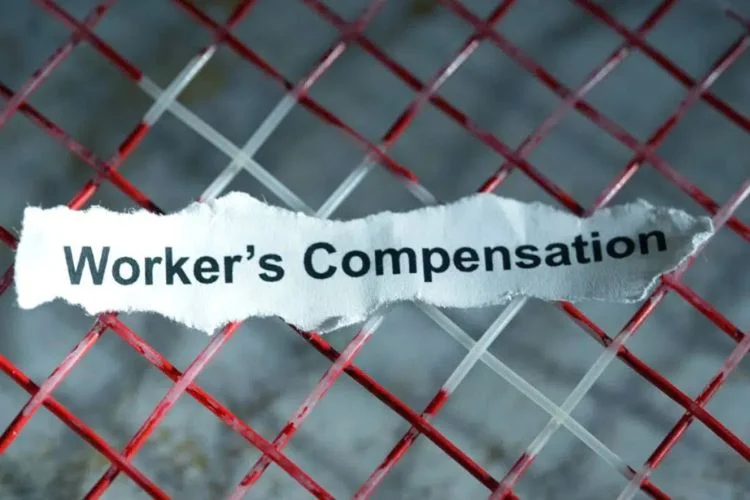In non-contractual liability for damages, the presumption of fault is applied in many cases where damage occurs, including cases of compensation for damage caused by livestock.
Animals are domesticated animals, they act according to instinct, humans must control their activities. Therefore, if an animal causes damage, the animal owner must compensate for the damage – the animal owner is “considered” at fault in managing the animal. Article 603 of the 2015 Civil Code stipulates : ” The owner of an animal must compensate for damage caused by the animal to other people . “Animal owners must always be conscious of looking after their animals to avoid causing harm to others.
In fact, there are cases where damage caused by animals is the result of illegal acts of a third person (not the owner of the animal, not the person who suffered the damage), then the liability to compensate Damage is determined for the person whose actions cause the animal to cause damage. The act of causing damage to animals is an illegal act that leads to damage. Clause 2 , Article 603 of the 2015 Civil Code stipulates : ” In case a third person is completely at fault for causing damage to another person , the third person must compensate . it often causes damage ; If the third party and the owner are both at fault , the customs office must compensate for the damage.
In cases where animals are possessed or used illegally, causing damage, the person possessing or using them illegally must compensate. For example: A person steals another person’s cattle and buffaloes while leading the cattle and buffaloes, causing damage, this person must compensate.
Currently, there are many places where people let their animals roam freely and therefore it is inevitable that animals will be let loose and cause damage. Stemming from this reason , the 2015 Civil Code stipulates : ” In case animals are let loose according to customs and practices causing damage , the owner of the animals shall That is why people often practice customs but do not violate the law or social ethics ” ( Clause 4 , Article 603 of the 2015 Civil Code ) .





